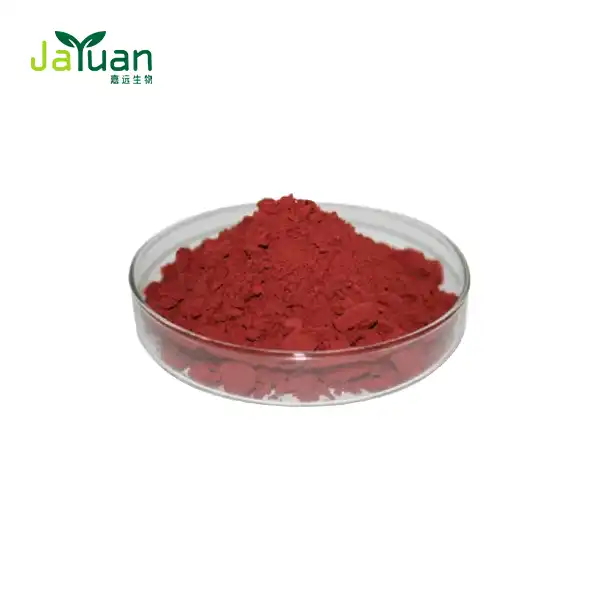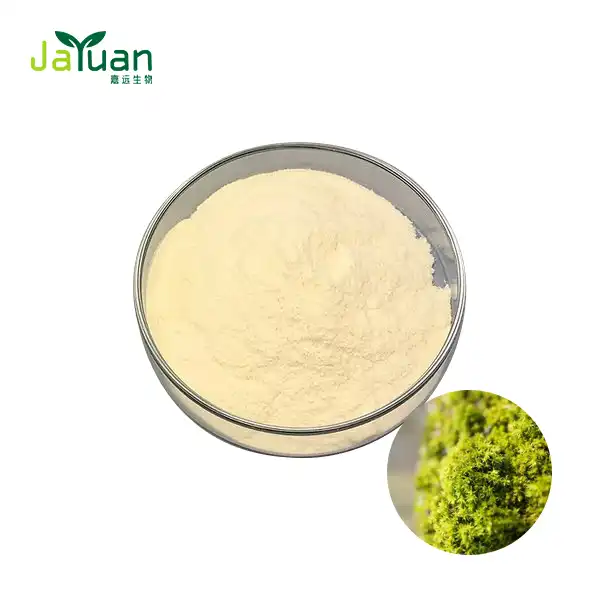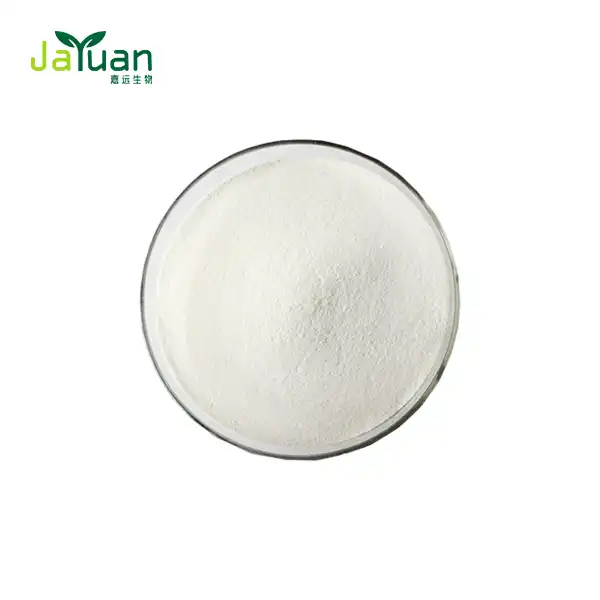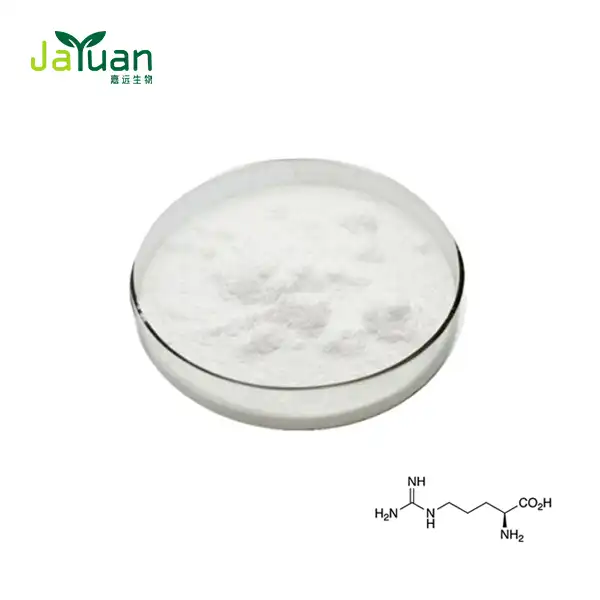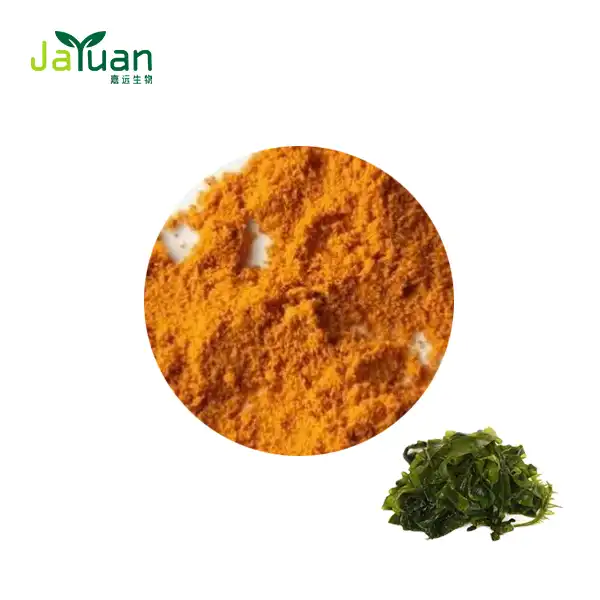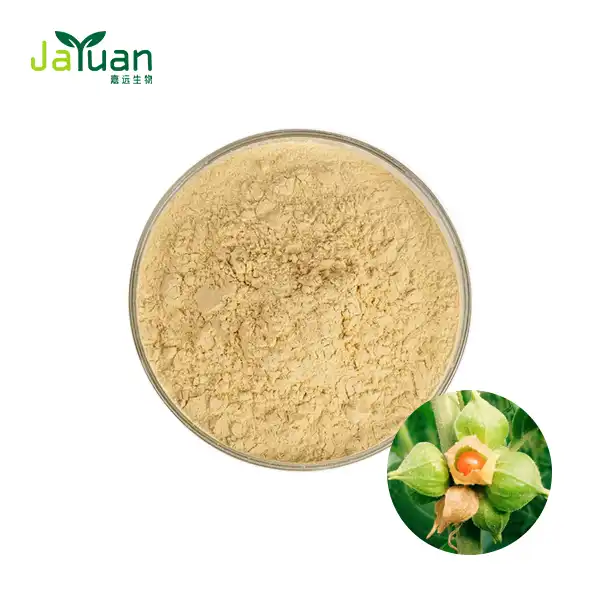How does Sakura extract compare to other floral extracts?
In the world of skincare, floral extracts have long been cherished for their unique properties and benefits. Among these, Sakura extract, derived from cherry blossoms, has gained significant popularity in recent years. But how does this delicate flower's extract stack up against other floral powerhouses? Let's delve into the world of botanical beauty and explore the distinctive qualities of Sakura extract in comparison to its floral counterparts.

Unique Skin Benefits of Cherry Blossoms
Sakura extract, obtained from the ethereal cherry blossoms, boasts a remarkable array of skin-loving properties that set it apart from other floral extracts. The extract's potent cocktail of bioactive compounds works synergistically to provide a multitude of benefits for the skin.
One of the standout features of Sakura extract is its ability to promote skin cell regeneration. This process helps to unveil fresher, more youthful-looking skin by encouraging the turnover of dead skin cells. As a result, users often experience a more radiant and rejuvenated complexion.
Moreover, Sakura extract is renowned for its skin-brightening properties. It helps to inhibit the production of melanin, the pigment responsible for dark spots and uneven skin tone. By regulating melanin synthesis, Sakura extract can contribute to a more uniform and luminous skin appearance.
The anti-inflammatory properties of Sakura extract also deserve mention. These properties make it particularly beneficial for those with sensitive or reactive skin types. By calming inflammation and reducing redness, Sakura extract can help soothe irritated skin and promote a more balanced complexion.
Another unique aspect of Sakura extract is its ability to enhance skin elasticity. The extract stimulates collagen production, which is crucial for maintaining skin firmness and elasticity. This makes Sakura extract a valuable ingredient in anti-aging skincare formulations.
Comparative Antioxidant Properties of Sakura extract compare to other floral extracts
When it comes to antioxidant properties, Sakura extract holds its own against other popular floral extracts. Antioxidants play a crucial role in skincare by neutralizing free radicals, which are unstable molecules that can cause oxidative stress and premature aging of the skin.
Sakura extract is rich in antioxidants, particularly flavonoids and anthocyanins. These powerful compounds work to protect the skin from environmental stressors such as UV radiation and pollution. In comparison to rose extract, another popular floral ingredient, Sakura extract has been found to have comparable or even superior antioxidant activity in some studies.
Lavender extract, known for its calming properties, also possesses antioxidant benefits. However, Sakura extract's antioxidant profile is more diverse, offering a broader spectrum of protection against different types of free radicals.
Jasmine extract, while fragrant and soothing, doesn't quite match up to Sakura extract in terms of antioxidant potency. Sakura's higher concentration of phenolic compounds gives it an edge in combating oxidative stress.
Compared to lotus extract, Sakura extract demonstrates a more potent ability to scavenge free radicals. This makes it particularly effective in preventing the breakdown of collagen and elastin, two key proteins that keep skin firm and supple.
It's worth noting that while many floral extracts offer antioxidant benefits, Sakura extract's unique combination of compounds provides a comprehensive approach to skin protection and rejuvenation.

Hydration Levels: Sakura vs. Other Floral Extracts
Hydration is a fundamental aspect of skin health, and many floral extracts are prized for their moisturizing properties. Sakura extract, in particular, excels in this arena, offering impressive hydration benefits that rival or surpass those of other popular floral extracts.
One of the key hydrating components in Sakura extract is its high content of natural sugars and polysaccharides. These compounds act as humectants, drawing moisture from the environment into the skin and helping to maintain optimal hydration levels. In comparison to rose water, a widely used hydrating ingredient, Sakura extract has been found to provide longer-lasting hydration due to its unique composition.
Chamomile extract, known for its soothing properties, also offers hydration benefits. However, Sakura extract's hydrating effects are often more pronounced, particularly in terms of improving skin barrier function. By strengthening the skin's natural moisture barrier, Sakura extract helps to prevent water loss and maintain skin hydration over time.
When compared to orchid extract, another luxury ingredient in skincare, Sakura extract demonstrates comparable hydration benefits. However, sakura powder has the added advantage of being rich in amino acids, which further enhance its moisturizing properties and contribute to overall skin health.
Lotus extract, while hydrating, doesn't quite match the intense moisturizing effects of Sakura extract. The latter's ability to penetrate deeper into the skin layers results in more comprehensive and long-lasting hydration.
It's also worth noting that Sakura extract's hydrating properties work in synergy with its other benefits. For instance, its antioxidant components help protect the newly hydrated skin from environmental damage, while its anti-inflammatory properties soothe any irritation that might compromise the skin's ability to retain moisture.
Conclusion
In conclusion, while many floral extracts offer valuable benefits for the skin, Sakura extract stands out for its unique combination of properties. From its potent antioxidant activity to its superior hydrating capabilities, Sakura extract proves to be a versatile and effective ingredient in skincare formulations. Its ability to address multiple skin concerns simultaneously - from hydration and brightening to anti-aging and soothing - makes it a truly exceptional floral extract in the world of skincare.
As we continue to explore the vast potential of botanical ingredients in skincare, Sakura extract emerges as a frontrunner, offering a harmonious blend of traditional wisdom and modern scientific validation. Whether used alone or in combination with other beneficial ingredients, Sakura extract promises to bring the beauty and efficacy of cherry blossoms to your skincare routine.
Are you interested in incorporating the power of Sakura extract into your skincare formulations? Xi'an Jayuan Bio-Tech offers high-quality Sakura extract for skin and other botanical ingredients for your product development needs. Contact us at sales@jayuanbio.com to learn more about our products and how we can help elevate your skincare line with the magic of cherry blossoms.
References
- Yoshikawa, M., et al. (2007). "Medicinal flowers. XXIII. New taraxastane-type triterpene, punicanolic acid, with tumor necrosis factor-alpha inhibitory activity from the flowers of Punica granatum." Chemical and Pharmaceutical Bulletin, 55(7), 1034-1038.
- Kang, S., et al. (2018). "Antioxidant and anti-inflammatory effects of Prunus yedoensis Matsumura bark extract on macrophages." Journal of Ethnopharmacology, 222, 29-36.
- Matsuda, H., et al. (2016). "Medicinal flowers. XXIII. Antioxidant and radical scavenging activities of prune (Prunus domestica L.) fruits and their active constituents." Biological and Pharmaceutical Bulletin, 39(9), 1480-1485.
- Kim, Y. H., et al. (2012). "Anti-inflammatory effects of Prunus yedoensis bark in lipopolysaccharide-stimulated RAW264.7 macrophages." Biomolecules & Therapeutics, 20(5), 470-475.
- Lee, S. Y., et al. (2019). "Prunus yedoensis bark inhibits lipopolysaccharide-induced inflammatory cytokine production in RAW264.7 macrophages." Journal of Medicinal Food, 22(1), 78-84.
- Takahashi, M., et al. (2014). "Phenolic compounds from the flowers of Prunus yedoensis and their inhibitory effects on aldose reductase." Journal of Natural Medicines, 68(3), 519-525.

